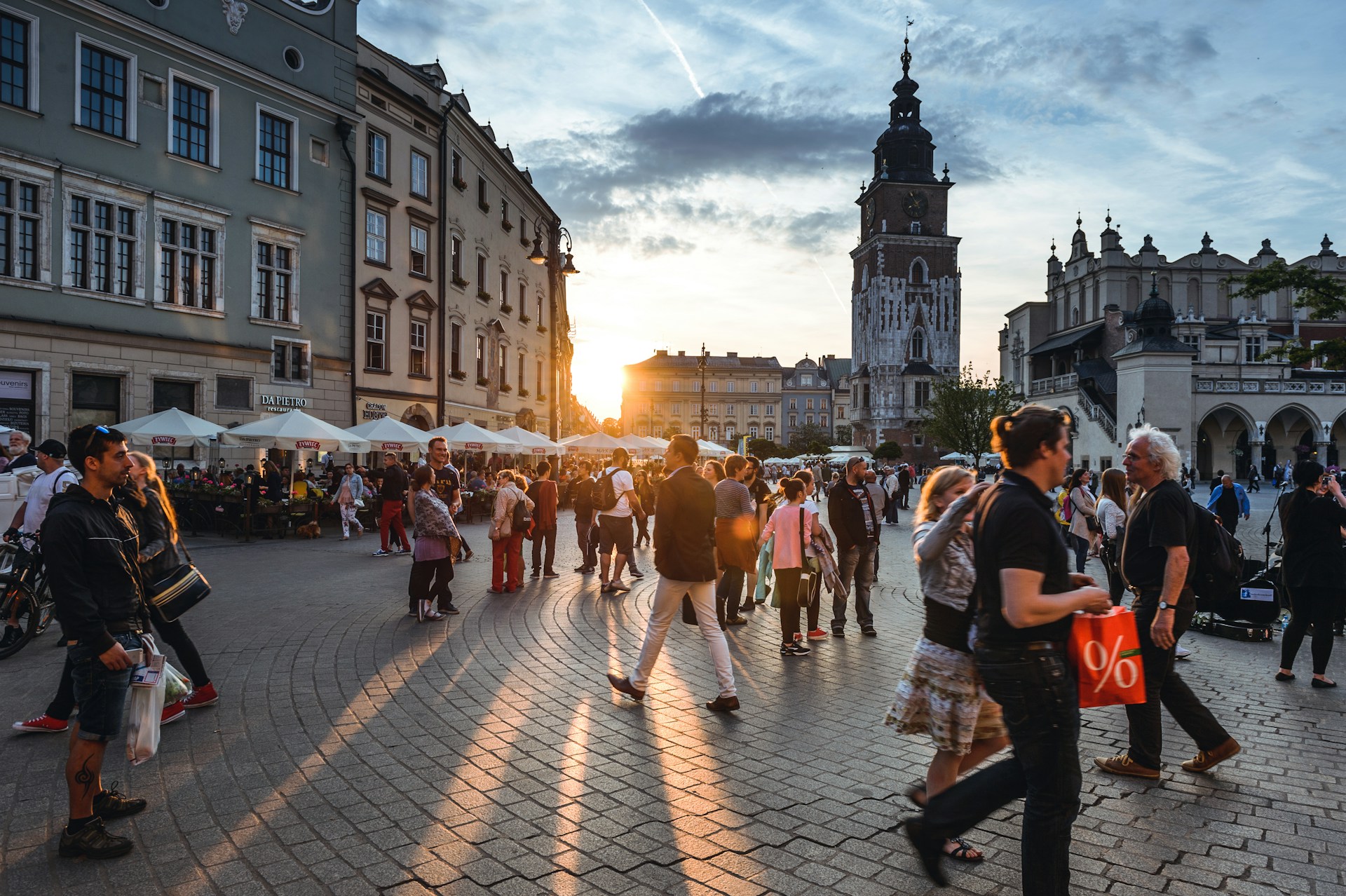Pros and Cons of Tourism: Tourism brings immense benefits worldwide, contributing over 10% of global GDP. Yet unfettered tourism can also damage communities, cultures and environments.
When weighing the pros and cons of tourism, it becomes clear tourism must be managed sustainably. With conscious travel choices, we can maximize benefits and minimize downsides.
The Pros: How Tourism Provides Value

Well-managed tourism delivers advantages to destinations globally. Let’s examine some of the biggest pros of tourism.
1. Preserves Culture and Heritage
Experiencing local cultures is a top travel motivator. This cultural promotion encourages tradition preservation, since tourism revenue helps fund cultural sites.
Visitors also gain firsthand awareness of cultural customs, cuisine, religion and history. This spurs continued national pride in heritage.
2. Stimulates Economic Growth
Money spent by tourists flows through local economies, supporting jobs. Tourism provides over 10% of employment worldwide.
Beyond hospitality, tourism supports adjacent industries like restaurants, retail, transport and entertainment. Expanding economic opportunities.
3. Encourages Investment and Development
Tourism motivates building infrastructure that also benefits residents, like roads, airports, utilities, hospitals and schools.
Governments invest in health and sanitation improvements to protect tourists. And natural areas become protected for eco-tourism.
4. Promotes Cultural Exchange and Understanding
Experiencing diverse cultures firsthand promotes global understanding and unity. Tourism facilitates cultural exchange between hosts and visitors.
As Mark Twain said, “Travel is fatal to prejudice, bigotry, and narrow-mindedness.” Shared humanity is revealed.
5. Supports Environmental Conservation
Designating areas as national parks due to popularity protects landscapes. Entrance and activity fees fund preservation efforts.
Eco-tourism also gives local communities economic incentives to value natural resources like forests, coral reefs and wildlife.
The Cons: How Tourism Can Cause Harm
But tourism also has downsides when poorly planned. Here are some of the biggest cons of excessive or unmanaged tourism:
1. Lead to Overtourism
Too many tourists concentrating in one area stresses infrastructure and disturbs local life. Residents face rising costs, congestion, strained services.
Overtourism damages the travel experience too, with crowded attractions, noise, pollution and damage to nature under excessive strain.
2. Deplete Natural Resources
High tourist demand places strain on energy, water, land and food. Reliable resources become scarce for locals as tourism uses a disproportionate amount.
3. Damage Fragile Ecosystems
Foot traffic, trash, construction, wildlife interactions degrade landscapes. Air and water pollution increase, forests are compromised, coral reefs suffer.
4. Commodify Culture and Heritage
Tourists expect packaged, digestible cultural experiences. This leads to inauthentic representations of traditions, crafted for tourist consumption.
Sacred cultural artifacts like dances can lose meaning when continuously performed out of context for money.
5. Disrupt and Alter Local Lifestyles
The influx of foreign visitors and their behavior alters cultural norms. Younger generations adopt visitor habits.
Rising prices and changing neighborhoods force out local businesses and residents. Traditional ways of life fade.
6. Increase Economic Dependence
Over-reliance on tourism makes economies vulnerable, like when disasters or pandemics halt travel. It’s wise to diversify.
Often the lowest-paying service jobs support tourism, and profits leak offshore instead of growing community wealth.
Weighing Tourism’s Positive and Negative Impacts
The pros and cons of tourism highlight tourism’s immense power to either improve or degrade destinations.
Conscious travelers must weigh our role in driving demand. We can choose forms of tourism that spread benefits equitably, rejecting exploitation.
With open communication between hosts and guests, we can find the right balance together. Tourism need not be a necessary evil.
How to Keep the Impact of Tourism Positive
Fortunately, there are ways we can counter the downsides of tourism as mindful travelers:
- Spend strategically – Choose locally owned hotels, tour companies and shops so money stays in communities.
- Venture beyond hotspots – Disperse to spread economic opportunities, reducing pressure on crowded destinations.
- Travel slowly – Take time to engage meaningfully, not just check boxes. A slower pace reduces environmental impact.
- Dispose of trash responsibly – Follow Leave No Trace principles to protect landscapes and wildlife.
- Research thoughtfully – Investigate tour providers to ensure ethical, sustainable practices supporting local people.
- Respect culture – Experience traditions respectfully, with permission and an open mind. Refrain from commodifying.
- Talk about responsible tourism – Have conversations on how we can uplift destinations beyond economic benefits.
Travel With Open Eyes: The Complex Impact of Tourism
If we travel mindfully, we can tip the scale toward maximizing benefits for local communities while minimizing harm.
But we must go in with open eyes, aware of the complex web of costs and benefits tied to tourism. There are always trade-offs.
By supporting sustainable tourism models, respecting cultures, and dispersing benefits, our travels can spread more good than harm.
What are your thoughts on balancing the pros and cons of tourism? Share how you travel responsibly below!
FAQs
What are some of the main pros of tourism?
Key pros include economic growth, job creation, infrastructure development, cultural promotion and preservation, environmental conservation, and increased global understanding.
What are some of the cons of tourism?
Major cons are overtourism, environmental damage, commodification of culture, disruption of local lifestyles, and economic dependence on tourism.
How does tourism economically benefit destinations?
Tourism stimulates economic growth through job creation across many industries like hospitality, transportation, retail, and entertainment. Tourism spending circulates through local economies.
How can tourism harm local cultures?
Demand for packaged cultural experiences can lead to inauthentic representations of traditions. Younger generations may adopt visitor behaviors and ways of life.
How can sustainable tourism help balance the pros and cons?
Strategies like dispersing visitors, favoring local businesses, traveling slowly, and communicating with hosts can spread benefits and minimize downsides.

























